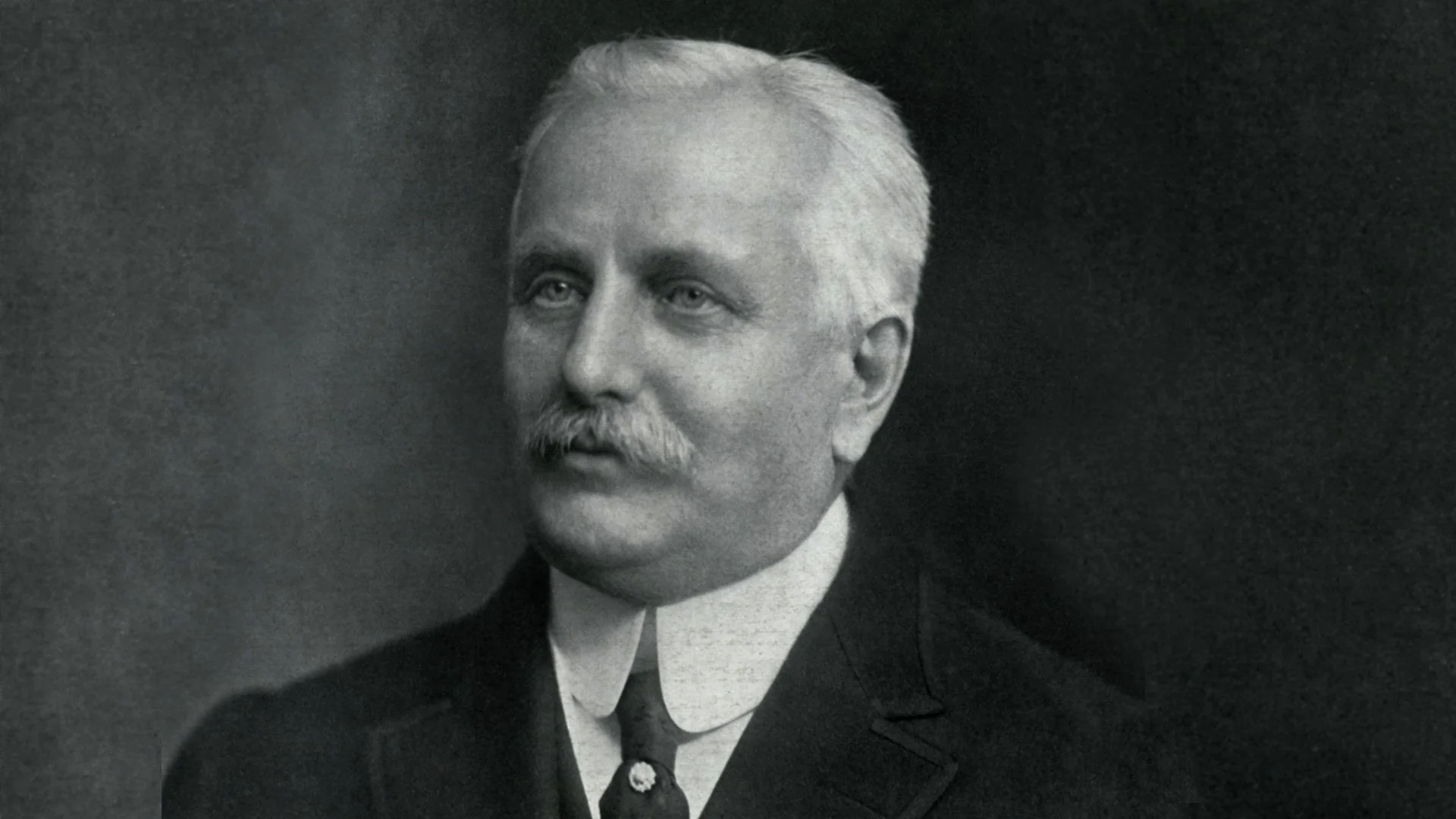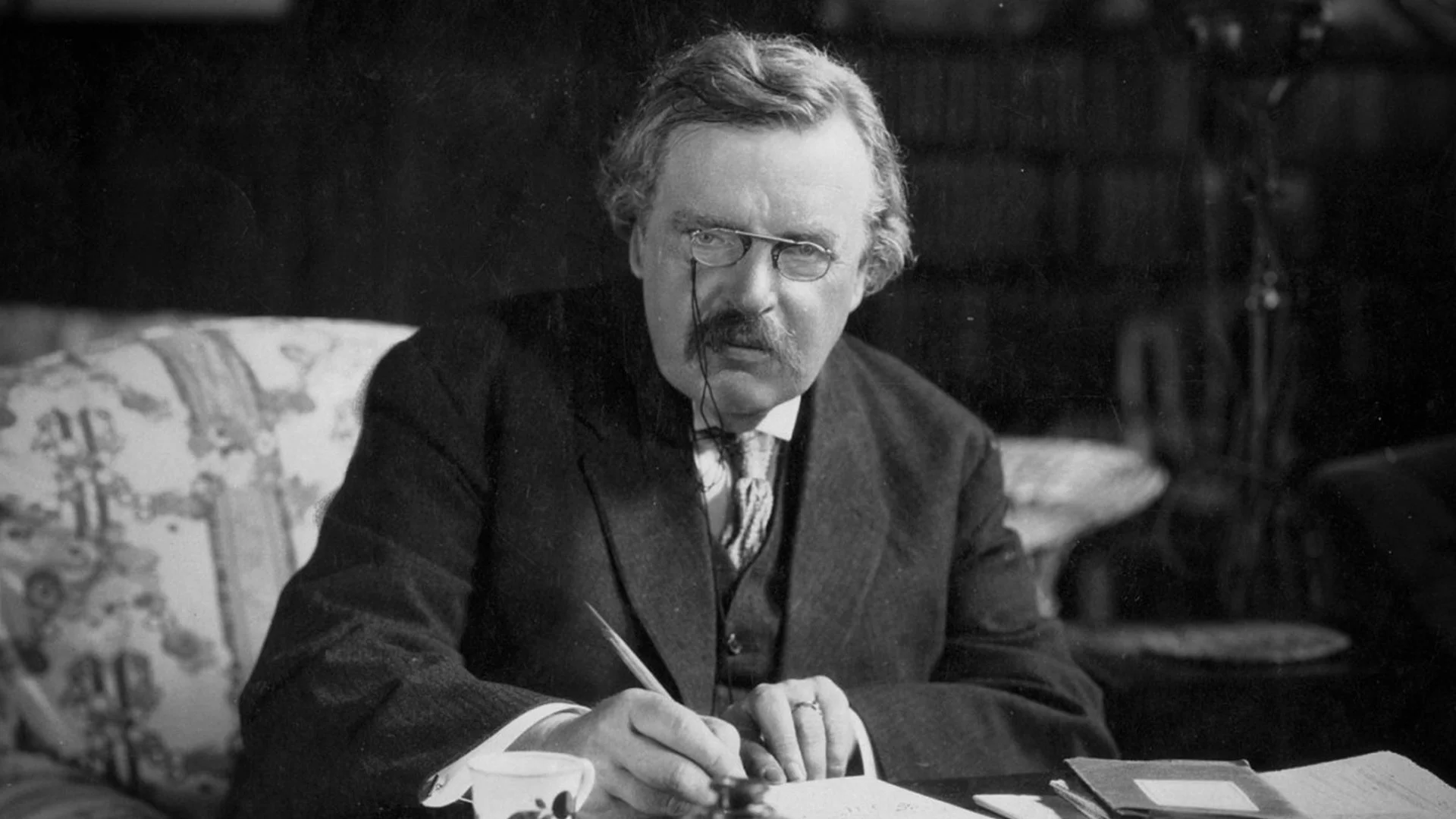
Avoid the temptation to “ramp up” over a few weeks, and instead launch with excitement, a clear purpose and a solid direction. Here are a few things to keep in mind for a great Men’s Table Launch.
Some of us lie all of the time. A recent study by the University of Massachusetts found that during an average 10-minute conversation, 60% of people will say something that isn’t entirely true.
Fidelity is rare. It requires our allegiance to something greater than ourselves. The value of fidelity to a leader is not a loyalty that just serves customers or a company. Rather, it is fidelity to one’s character and values.
You communicate goals and objectives, give motivation and encouragement, gather and disseminate information, and more. But the “when” of your communication may have a negative consequence.
As you go through our Life and Career Planning process, you’re investing time in personal development. A great supplement to this journey is to take in some of the experience and wisdom of others.
Authenticity is the factor in your character that helps you live as your true self. Authenticity helps you to make good decisions, influence others, maintain consistent values, convey a sense of purpose, and have a strong self-awareness.
Frank Winfield Woolworth was an American entrepreneur, and founder of the F. W. Woolworth Company. He pioneered the retail variety stores which featured low-priced merchandise selling for 5 and 10 cents.
As a leader you do not have all the answers. Smart leaders surround themselves with people whose knowledge, skills and experience supplement their own.
The educational system you were brought up in started early with art and music and other creative arts when you were in Kindergarten. As you got older, your studies quickly shifted away from creative activities to math, science, social studies, computers.
Gilbert Keith Chesterton was an English Apologist. His sharp writing style made him a prominent figure in earth twentieth century literature. Among his works were Orthodoxy and The Everlasting Man.
Standing meetings in the workplace have a tendency to meander. Often the opening three minutes of social “catching up” becomes 20 minutes. Then there are the tangents we invariably wander off on.
Calling people by name is a fundamental act of respect and dignity. It’s the first thing we ask someone when we meet them.
Here are some great books that will raise your level of effectiveness and impact as a Men’s Table Leader. Click a book to purchase directly from Amazon.com.
Ray Dalio is an American billionaire. He is the founder of Bridgewater Associates, the world’s largest hedge fund, and has run it since 1975. Dalio is the author of Principles of Life and Work, a 2017 New York Times bestselling book.
Why do we curate our lives? Perhaps it’s because we don’t really believe in others’ concern for our welfare. When someone asks, “How are you doing?” are they really interested in the answer, or just being polite?
The smallest computer in 1962 weighed about three tons and consumed enough power to light up a city block. So NASA commissioned the engineers at MIT to do something unheard of.
According to the Association for Psychological Science, your first impression is made within the first 60 seconds of meeting you. It doesn’t take long for someone else to determine whether or not they believe you’re worth knowing.
An invitation is an important and powerful leadership tool. It may set the stage and create anticipation. In business, at church, on a social occasion—an invitation communicates to another that you like them, enjoy their company, and honor the relationship.
Michael Jordan is a former professional basketball player and businessman. He played 15 seasons in the NBA and won six NBA championships with the Chicago Bulls.
How highly do you think of yourself? Or even, how often do you think about yourself? Narcissism is a mental disorder.
We all know the physics lesson: “For every action, there is an equal and opposite reaction.” Often we apply this not only to the physical world, but to leadership, decision-making and management.
A powerful means of leadership development and personal development is introspection—the skill of looking at one’s self, and determining areas that need adjustment or improvement.
Workplace drama is everywhere. A recent study found that the average employee spends 2 hours 26 minutes per day on workplace drama and emotional waste. That’s about 29%—a third—of total work time.
You’ve clicked through a website, selected products, filled your online shopping cart. All that remains is to enter your card info and select shipping details. But you don’t.
Your life and work will rise or fall based on your motivation. The reasons behind why you get up each morning and go through the day will direct your steps and eventual outcomes. Movation is the internal drive that compels you to act.
As a business leader you might be looking for an advantage, any “edge” you can use to move your company. Do your religious beliefs and practices affect how you do your job—and might that deeper faith play a role in your business success?
John Glenn was an American Marine aviator, test pilot, businessman, politician, and one of the seven Mercury astronauts. He was the first person to orbit the earth, circling three times in 1962.
The cost of a bad hire includes time—four to six weeks on average. A bad hire can affect productivity, with failure to meet expectations, slow work or errors. Teamwork can suffer. Morale can suffer. Client relationships can be damaged.
The average employee will spend 392 hours per year in meetings. Each workday in the US, an estimated 11 million meetings are held—a total of more than a billion per year.
































A creed is a formal statement of essential beliefs. The word “creed” comes from the Latin “credo” meaning, “I believe.” You can adopt The Brothers’ Creed as a statement of belief for your Men’s Table.